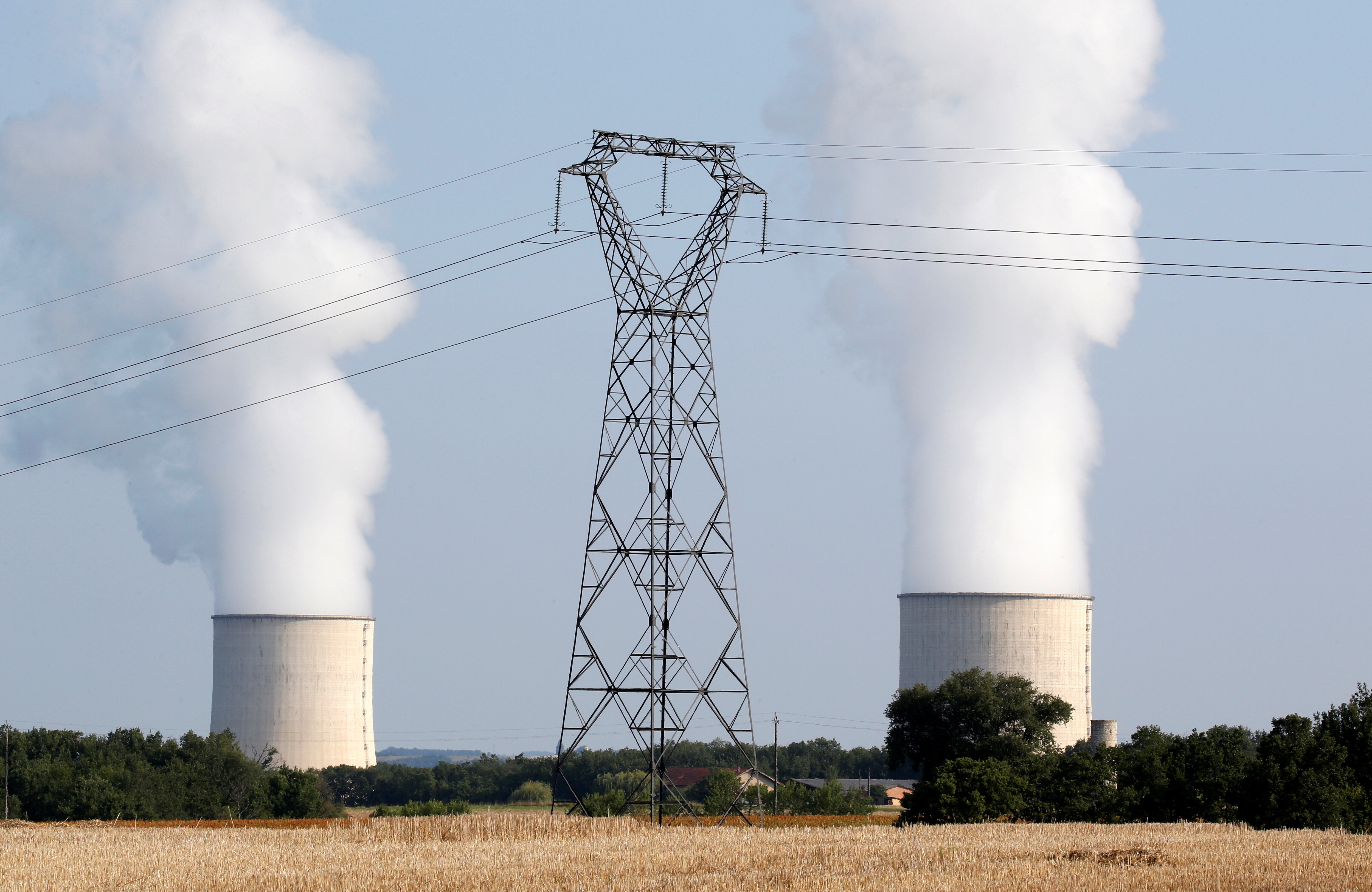How can India tackle the scourge of violence against women?

Women’s safety has been a topic of fierce public debate in India since the tragic case of the student who was gang-raped on a bus and killed in 2012. More recently, initiatives like the award-winning playwright Yael Farber’s confessional drama, Nirbhaya, have focused on exploring everyday women’s stories as a way of addressing this very complex problem.
It was in a similar vein that the Forum’s Global Shapers Bangalore Hub launched Bangalore Plays. Bangalore Plays combines theatre performance that deliberately puts people in the audience who can make a difference in tackling this issue. We wanted to make people quickly empathize with the situations women face every day in our city; and then ensure that an interdisciplinary group would come together to explore and design solutions that could make Bangalore safer.
Benjamin Franklin said, “Tell me and I forget, teach me and I may remember, involve me and I learn.” The medium of theatre, we felt, would stop people from intellectualizing the issue, and help them understand the dynamics of what makes women unsafe in different situations. Drawing from Augusto Boal’s “Theatre of the Oppressed” pedagogy, we wanted to make the audience “spect-actors” – not just observing, but also actively changing the reality of the situation.
We crowdsourced stories from women in the city using our website and social media. Then we picked three common situations that were enacted in vignettes by a local theatre group. One showed a women walking home from a bus ride and being groped on a dark path leading to her house. The second one was a young woman who was flashed at and followed by a man near her house; her family advised her to report it to the police as a simple theft to avoid censure, leaving the woman feeling helpless and unsupported. The third story was the most contentious, involving a woman’s altercation with a man who hit her car while on his bike, the police at the traffic signal and bystanders. The woman was manhandled by the group and slapped by the policeman, but ended up with a case filed against her for aggression against the police.
We invited people into the audience who are unafraid to discuss these sensitive issues frankly and have the skills to do something about it – from technology entrepreneurs to gender academics. Participants included documentary photographers like Sindhu Sarathy, whose work with marginalized transgender communities has drawn international acclaim; social entrepreneurs like Swapnil Tewari, creator of the Pink Whistle project to improve women’s safety; guests from the police; and experts in urban design.
Several distinct threads emerged in the ideas and debates that ensued: the concept of cities becoming anonymous in their design of spaces; the use of simple devices to help women, such as a whistle that could serve as an alarm as well as a retaliation device; and the role of government agencies.
Professor Jyoti Hosagrahar of Columbia University spoke of how the traditional design of cities created “eyes on the street” that kept people safe. For example, in old parts of Jaipur, jewellers feel safe walking home even with solid gold bricks in their hands because everyone is known to them. She pointed out that men who attack women typically do so in the dark, in places where they are unknown. When we create cities, we tend to go with big buildings that say “modern” rather than building smaller, safer streets.
This simple but profound insight was reflected in ideas participants had for more active “community watches” and “know your neighbour” campaigns. Women participants said that, often, the last 100 metres of the path to their house feel like the most unsafe part of their journey home, because they do not know a single person on that road.
New devices were discussed by several teams, including a “street watch” to be worn by women that has an alarm button which would alert the police of an attack. An upcoming event will look at building a prototype of this watch.
One of the most heartening interactions was between the law-and-order representatives and the participants. The police presented practical advice for women, encouraging them to resist social stereotypes and report crimes. They also reaffirmed the commitment of their top-level officers to make the city safer, and encouraged women to reach out to them in any situation where they feel threatened.
The objective of Bangalore Plays is threefold: to create a community of doers who would improve women’s safety in the city; provide them a platform to come up with ideas; and take those ideas forward. With the number of incidents that are reported, it is understandable that there is cynicism about whether women’s safety will ever improve in our cities.
The experience of organizing Bangalore Plays showed us that initiatives that tackle the topic head-on and bring together different parties to find new solutions are an important first step in tackling the scourge of violence against women.
Global Shapers Presents: Bangalore Plays from Studio 33 on Vimeo.
Author: Arundhuti Gupta is Founder and Chief Executive Officer of Mentor Together and a World Economic Forum Global Shaper.
Image: Demonstrators attend a candlelight vigil to mark the first anniversary of the Delhi gang rape, in New Delhi December 16, 2013. REUTERS/Anindito Mukherjee
Don't miss any update on this topic
Create a free account and access your personalized content collection with our latest publications and analyses.
License and Republishing
World Economic Forum articles may be republished in accordance with the Creative Commons Attribution-NonCommercial-NoDerivatives 4.0 International Public License, and in accordance with our Terms of Use.
The views expressed in this article are those of the author alone and not the World Economic Forum.
Stay up to date:
Hyperconnectivity
Related topics:
Forum Stories newsletter
Bringing you weekly curated insights and analysis on the global issues that matter.
More on Industries in DepthSee all
Steve Smith
December 19, 2025







